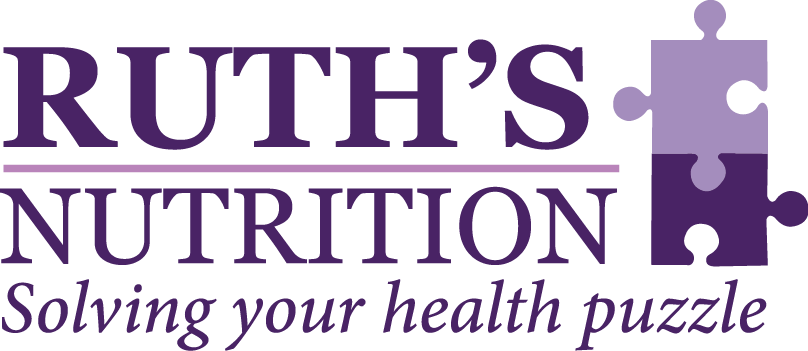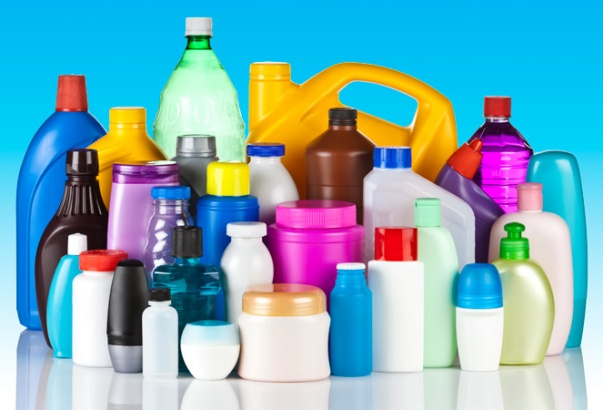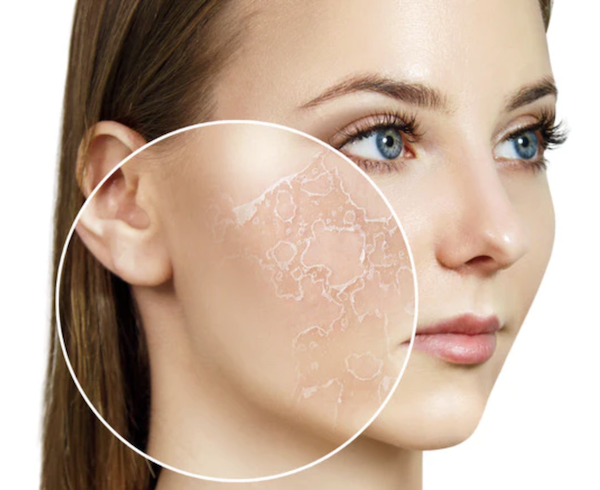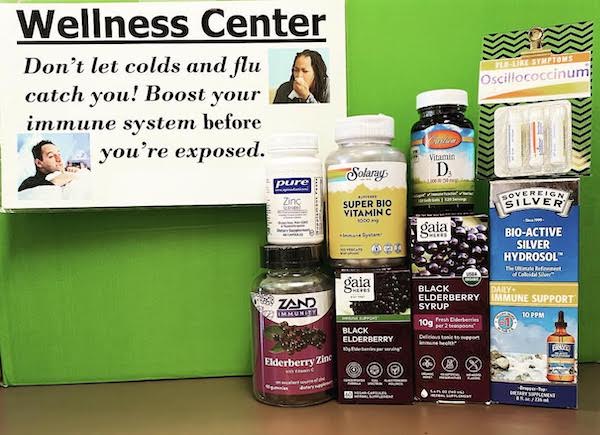How do we survive in a toxic soup?
By Sue Cummings
My doctor says we live in a toxic soup. After listening to Leonardo Trasande, the keynote speaker at the recent Medicines from the Earth conference in Black Mountain, N.C., I agree. Toxins enter our bodies and alter our chemistry from a multitude of sources: plastic containers, fast-food wrappers, pesticides on food, phalates in cosmetics and skin care products, and even flame retardants in our furniture.
Author of “Sicker, Fatter, Poorer: The Urgent Threat of Hormone-Disrupting Chemicals To Our Health and Future … And What We Can Do About It,” Trasande is an internationally renowned leader in children’s environmental health and the bearer of good and bad news. Toxins are everywhere, but there are ways we can protect ourselves.
The Toxins
First let’s look at a list of just a few of the major endocrine disruptors most of us get exposed to on a regular basis.
Flame retardants – found in furniture foam inserts, synthetic fabrics, carpeting, and flooring. These incredibly persistent chemicals bind thyroid hormone receptors and disrupt thyroid metabolism, and that can lead to lowered IQs. Also linked to obesity.
Bisphenols (BPA, and more) – found in food and soda can liners as well as thermal paper receipts. Bisphenols mimic estrogen and have been linked to cancers, obesity, reproductive problems, and heart disease. Also linked to obesity.
Phalates – found in plastic food containers, plastic wrap made from PVC (#3), personal care products (fragrance stabilizers), dryer sheets, etc. Some of these chemicals block the effects of testosterone, while others act as estrogens, and some may affect thyroid functioning. Also linked to obesity.
Pesticides – found in lawn chemicals and on non-organic food. Childhood exposure is linked with lowered IQ. Atrazine, commonly sprayed on corn, has been linked with breast tumors, delayed puberty, and prostate inflammation. Many also linked with obesity.
What Can We Do?
Trasande has several recommendations for lowering our toxic exposure:
Avoid Canned Foods/Sodas to avoid bisphenols. Choose frozen food or food in Tetra-Paks, plastic-coated cardboard that doesn’t use bisphenols.
Ask for an Electronic Receipt if possible to avoid bisphenol-laden thermal paper.
Reduce Exposure to Pesticides. Choose organic food when possible or at least avoid foods included in The Environmental Working Group’s Dirty Dozen list (see References).
Be Careful Choosing Cosmetics – Look for cosmetics and skin care products that are free of phalates and parabens (another estrogen mimicker). Be aware that “phalates” will not appear on the label. In most cases you’ll just see the word “fragrance.” (FYI, Ruth’s carries several such clean products.)
Be Mindful When Using Plastic – Do not put plastics in the microwave or dishwasher. The high temperatures encourage microscopic leaching of plastics into food. If plastic containers are etched, throw them away; the barrier that keeps chemicals out of food has worn down. Avoid buying food in containers with the recycle label 3, 6 or 7. (#3 contains phalates, #6 contains styrene, a known carcinogen, and #7 may include bisphenols.)
Avoid Eating Fast Food – Studies have found those who eat fast food have higher amounts of phalates in their urine. Packaging materials and equipment used in food processing (conveyor belts, tubing, etc.) contain phalates and these chemicals can leach into food.
Be Aware of Flame Retardant Chemicals – Replace old furniture that has exposed foam or cover it with a slipcover. Open windows periodically to clear the air.
Mind Your Dust – Regularly use a vacuum with a HEPA dust filter and wet mop floors to prevent contaminated dust from indoor electronics, carpeting and furniture inside the home from accumulating.




